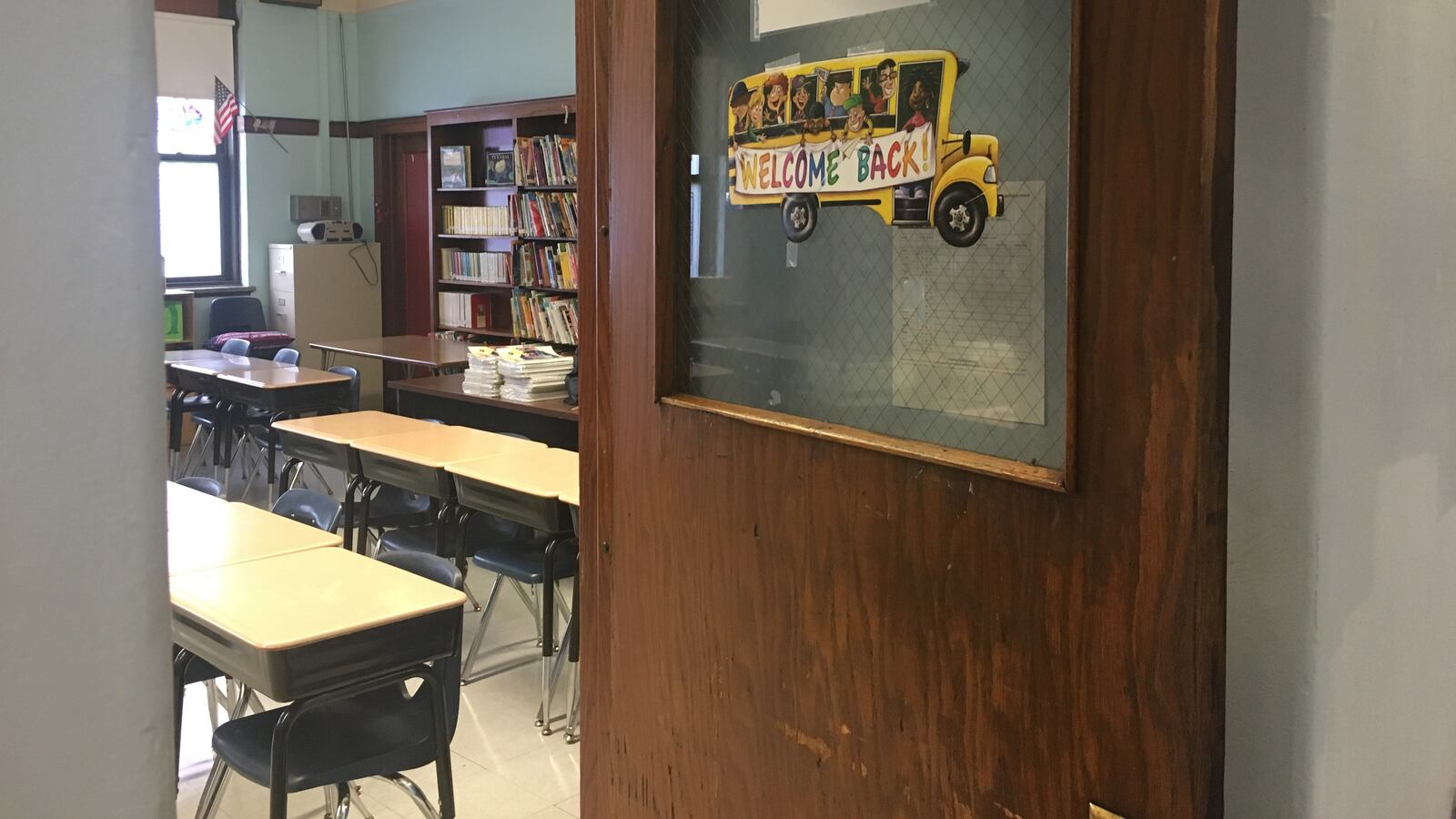Schools chief Janice Jackson said Chicago principals have until Oct. 26 to draft letters of intent to apply for sought-after offerings for their local schools. These programs might include culinary, automotive, and language certifications or designations such as International Baccalaureate, magnet or gifted.
Jackson sent a letter Wednesday to principals and Local School Council members, saying that the decisions will be rooted, in part, by “demonstrable support of the school community” and how proposals “address programmatic gaps in their neighborhood.”
Her letter signals an effort by Chicago Public Schools to raise the profile of neighborhood schools that have been edged out by magnet, charter, and test-in programs. Chicago has been criticized for not having a fair and transparent process for deciding how schools earn such enrollment-boosting distinctions. It’s a particularly relevant issue now, with the city’s public school population declining, and many schools operating at a sliver of their capacity.
In an interesting twist, Jackson included in her letter a link to a newly released report compiled by a group called Kids First, which has its roots in a business community-backed pro-charter effort that worked in partnership with the district on the data.
The Kids First report “brings together data on seat quality, enrollment patterns, and programmatic offerings,” she wrote, “and presents a common set of facts that your school community can use to identify opportunities to address programmatic gaps.”
The report shows that, for example, the highest number of seats in the academically rigorous International Baccalaureate program can be found in the wealthy, predominately white and affluent North Side. In contrast, there are far fewer IB seats in predominantly black communities such as Englewood and Auburn Gresham and in the Latino community Back of the Yards.
At a press conference in September, Jackson said the report’s release should be viewed as a step forward in transparency. “From my time here, I’ve seen people ask the same questions over and over again. There’s been an ask around the district being more transparent, which I think is critically important. And as I stated, all of the data is publicly available.”
On Thursday, some community groups fired back with a letter of their own. They applauded Jackson’s effort to make the process more equitable, but they challenged the fact base established by the Kids First report, which uses school ratings to paint a picture of quality around the district.
“There are simply too many faulty assumptions and too many questions left unanswered,” wrote the leaders of the parents’ group Raise Your Hand, the neighborhood schools’ advocacy group Generation All, and the community organizing group Blocks Together.
In particular, these groups took issue with school ratings, which are based largely on attendance and test scores. “Research has shown that test scores and attendance tell us more about the socioeconomic status of the students’ communities rather than the teaching and learning inside the school itself,” they wrote. “When parents send their kids out the door in the morning or look for a kindergarten program for their kids, they are concerned with things well beyond whether everyone in the building is a good test taker.”
You can read their message in its entirety below.
Principals’ letters of intent are due at the end of October. The district will then evaluate proposals. Principals will be notified by Nov. 30 whether they’ve been invited to the next round, with the final decisions expected March 1, 2019. School visits and interviews of teachers, parents, and students will be part of the process, Jackson’s letter stated.

